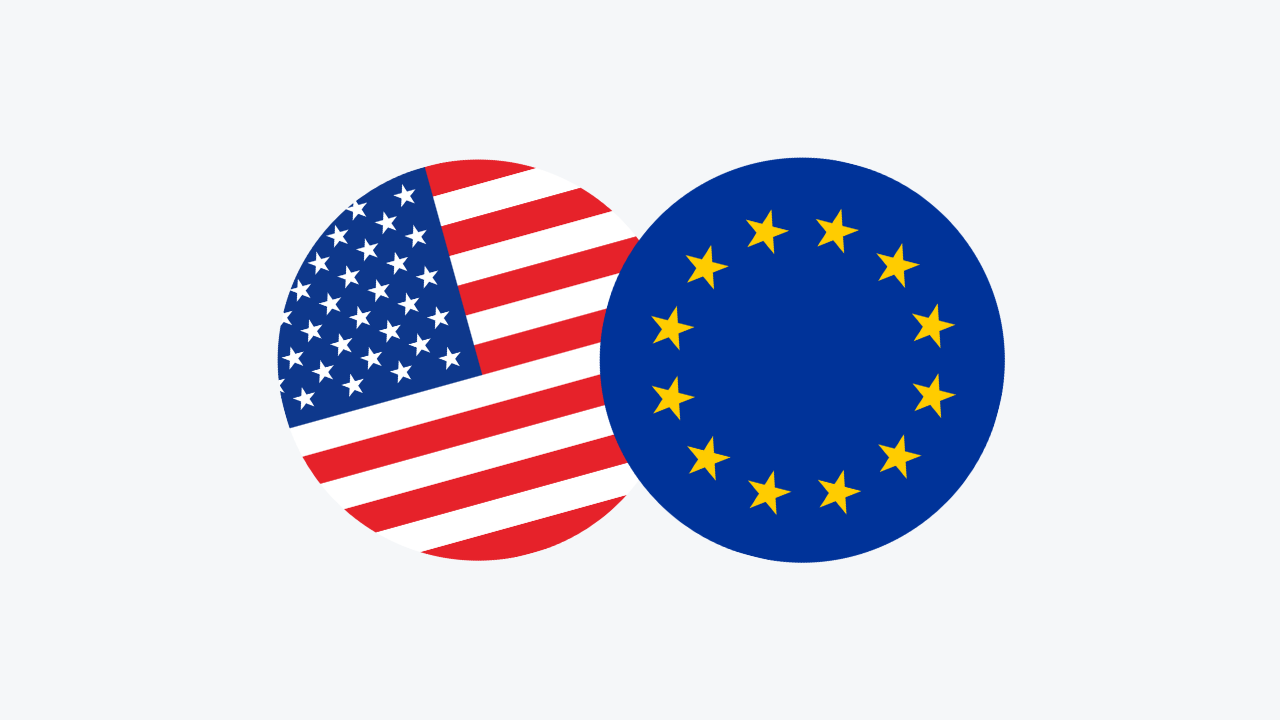EU–US Trade Deal: What it means for Law Firms

After months of tense negotiations, the EU and U.S. have struck a preliminary trade agreement that imposes a 15% tariff on most EU goods, including cars, semiconductors, and pharmaceuticals. This is a big deal because these industries form the backbone of Europe’s export economy. Crucially, the agreement avoids the 30% tariff that was previously threatened — a move that could have ignited a full-blown trade war.
The deal also comes with energy and investment commitments: the EU will buy $750 billion of U.S. energy products and invest $600 billion in the U.S. economy. These numbers signal a major realignment in transatlantic trade priorities and will shape business decisions for years to come.
So, what does all this mean for law firms and their clients?
Why Tariffs Matter
Before this deal, many EU products could be exported to the U.S. tariff-free. Now, companies selling into the U.S. must pay an extra 15% cost at the border. For industries like automotive manufacturing or semiconductors, where supply chains are already complex and margins can be tight, this is a big financial hit.
Businesses will need to:
- Recalculate Pricing: Should they absorb the extra cost or pass it on to customers?
- Reconfigure Supply Chains: Can they source materials differently to reduce exposure?
- Stay Compliant: Are they meeting new rules of origin and customs requirements?
How will this impact Law Firms?
Join ZipLaw+ to continue reading






